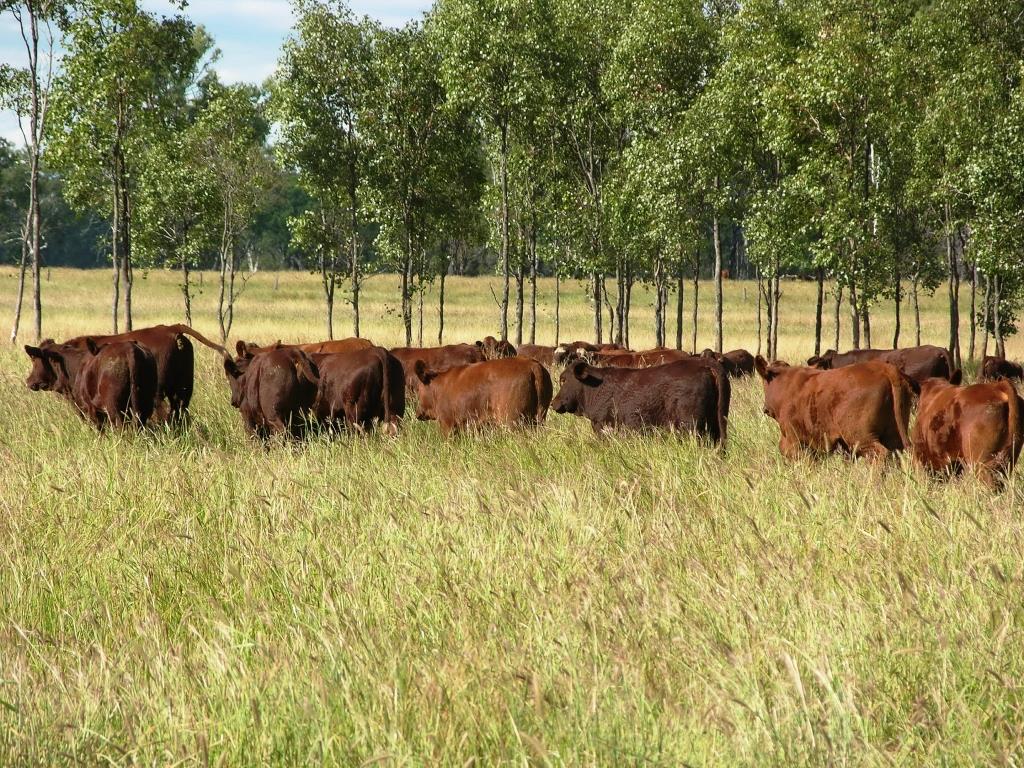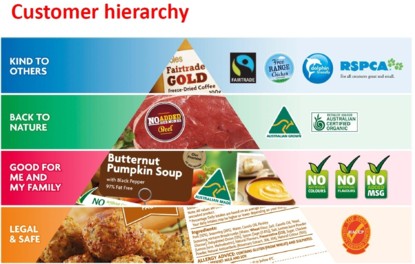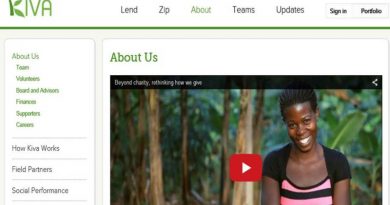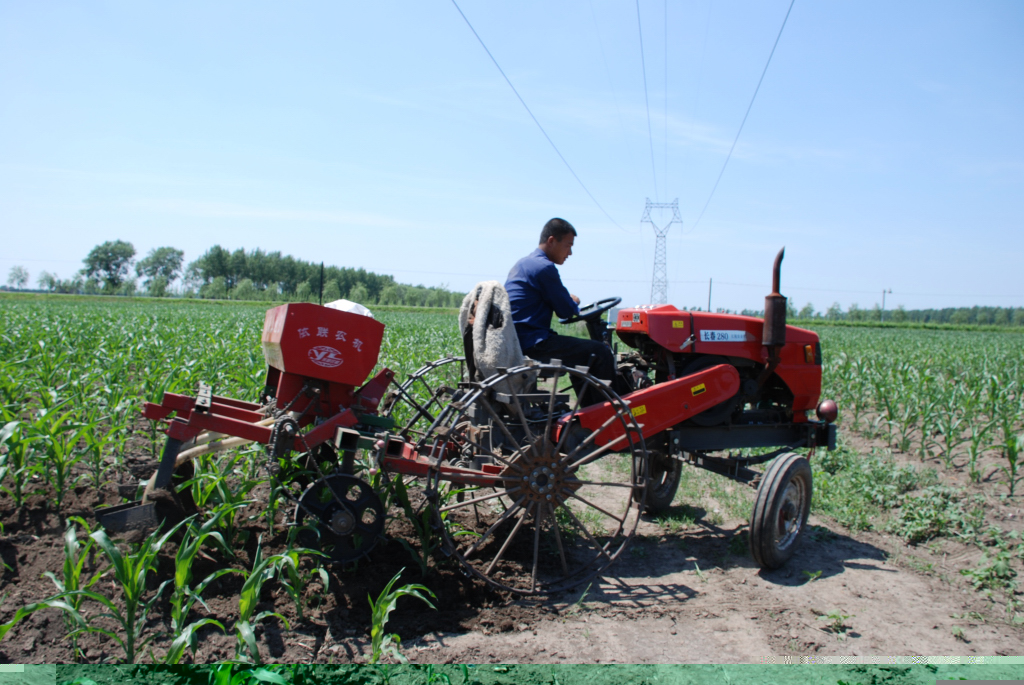Livestock essential for balanced diet and environmental well-being – scientists
By James Nason
Scientists from around the world gathered in Dublin in October 2022 to examine negative claims regularly levelled against meat and livestock and to confront the simple question: What does the science say?
The unequivocal conclusion from two days of detailed presentations by scientific experts from Australia, the US and across Europe is that the highest standards of science do not justify or support the “simplistic and reductionist” war being waged against meat.

Figure 1: The science behind meat’s role in human health and environmental well-being is increasingly being challenged by organisations whose agenda is to stop livestock farming.
In fact, while challenges remain to minimise the livestock farming and meat sector’s environmental footprint, a clear theme of the many academic assessments presented in Dublin was that removing livestock and meat from landscapes and human diets would lead to potentially disastrous consequences for both.
Livestock systems are “too precious to society to become the victim of simplification, reductionism or zealotry,” a document signed by the scientists present – billed the “Dublin Declaration” – emphatically states.
Scientists are being called on to sign the Dublin Declaration (see link here) which aims “to give voice to the many scientists around the world who research diligently, honestly and successfully in the various disciplines in order to achieve a balanced view of the future of animal agriculture”.
It also pointedly warns against “one-size-fits-all agendas”, such as drastic reductions of livestock numbers which could lead to “environmental problems on a large scale”.
Evidence presented at the forum reinforced several take home messages including that:
- For millennia, livestock farming has provided humankind with food, clothing, power, manure, employment and income as well as assets, collateral, insurance and social status.
- The highest standards of bio-evolutionary, anthropological, physiological, and epidemiological evidence confirm that the regular consumption of meat, dairy and egg, as part of a well-balanced diet is “advantageous for human beings”.
- Livestock-derived foods are the most readily available and “bio-available” source of high-quality proteins and several essential nutrients and other health-promoting compounds for people all over the world”.
- Farmed and herded animals are irreplaceable for maintaining a circular flow of materials in agriculture, by recycling in various ways the large amounts of inedible biomass that is generated as by-products during the production of foods for the human diet.
- Livestock are also optimally positioned to convert these materials back into the natural cycle and simultaneously produce high-quality food.
- Ruminants in particular are also capable of giving value to marginal lands that are not suitable for direct human food production.
- Additionally, well-managed livestock systems applying agro-ecological principles can generate many other benefits, including carbon sequestration, improved soil health, biodiversity, watershed protection and the provision of important ecosystem services.

Figure 2: Ruminant livestock like cattle and sheep form a complimentary partnership with ecosystem functions when managed holistically. Photo Patrick Francis.
- Livestock ownership is also the most frequent form of private ownership of assets in the world and forms the basis of rural community financial capital. In some communities, livestock is one of the few assets that women can own, and is an entry point towards gender equality.
- Policy recommendations need to be based on clear, scientific evidence and must not ignore the protections against nutritional deficiencies afforded by animal sourced foods
- Dramatic reductions in livestock numbers would heavily impact poorer countries. At least half a billion people around the globe are “totally dependent on livestock” for their livelihoods.
“Livestock is the millennial-long-proven method to create healthy nutrition and secure livelihoods, a wisdom deeply embedded in cultural values everywhere,” the Dublin Declaration states.
“Sustainable livestock will also provide solutions for the additional challenge of today, to stay within the safe operating zone of planet Earth’s boundaries, the only Earth we have.”
Many who spoke at the summit over the two days called for the “polarised” and “binary” nature of public discussions around meat and livestock to end.

Figure 3: The call “…for a fully vegan world” by the UK charity Veganuary demonstrates the polarised nature of public discussion around meat and livestock. Source: Veganuary.
Ireland’s Minister of State at the Department of Agriculture, Martin Heydon, noted in his opening remarks that “so much of what we see and read and consume has been “boiled down into sound bites that have been very much simplified”.
It has never been more important to move forward with an accurate and scientific understanding of meat’s role in society, he said.
“Consumers need to trust their food and where it comes from.
“And where does that trust from? It comes from science.”
Professor Frank O’Mara, the director of Ireland’s agricultural research and development organisation Teagasc, which hosted the summit, said the role of livestock has never been questioned as much as it is being now.
“We all understand and get that we need to have a very sustainable system of agriculture,” he said.
“The point we would make is you can’t have a sustainable and properly function food system without livestock being part of that, because of the circular process of crop production and animal production.
“So we certainly need livestock to be part of the food system to feed the 10 billion people we will have on this planet shortly, and do it in a sustainable manner.”
“When there is fog around, the one thing that helps clear the fog is evidence-based information,” he said.

Figure 4: Meat must be part of the world population’s food mix if demand is to be met. Source: Global Harvest.
South African farmer and former president of the World Farmers Organisation, Dr Theo de Jager, said farmers needed to be part of the global conversation: “Farmers are the ones who everyone is talking about but no one is talking to,” he said.
About 200 people attended the summit including scientists, agricultural representatives and policy-makers from around the world, including around a dozen from Australia.
It was two years in the making and was coordinated by a committee comprising Peer Ederer, Founder, GOALSciences, Switzerland; Frédéric Leroy, Professor, Vrije Universiteit Brussel, Belgium; Rod Polkinghorne, CEO, Birkenwood International, Australia; Graham Gardner, Professor, Murdoch University, Australia; Collette Kaster, CEO, American Meat Science Association, USA; Mohammad Koohmaraie, President, Meat Division, IEH Laboratories and Consulting Group, USA and Declan Troy, Assistant Director of Research, Teagasc, Ireland.
Full outcomes and evidence from the two-day International Summit on the Societal Role of Meat will be published in a special addition of the Animal Frontiers in March 2023.
Source: Beef Central 24 October 2022




